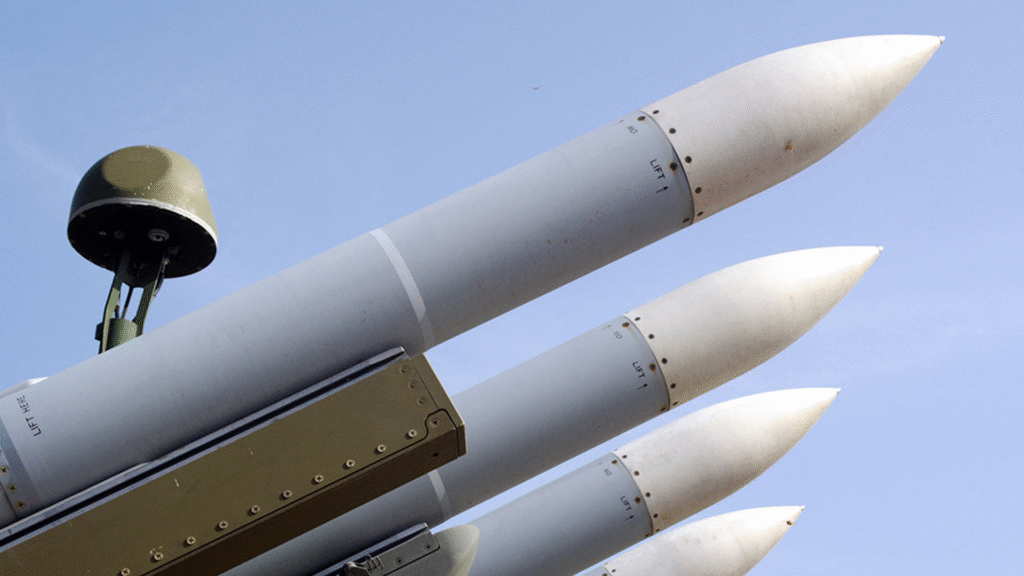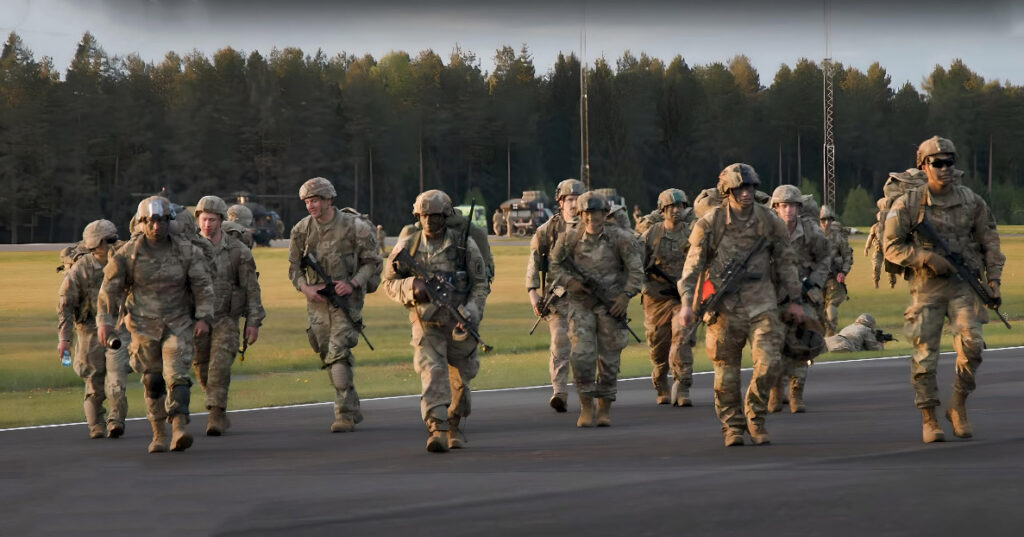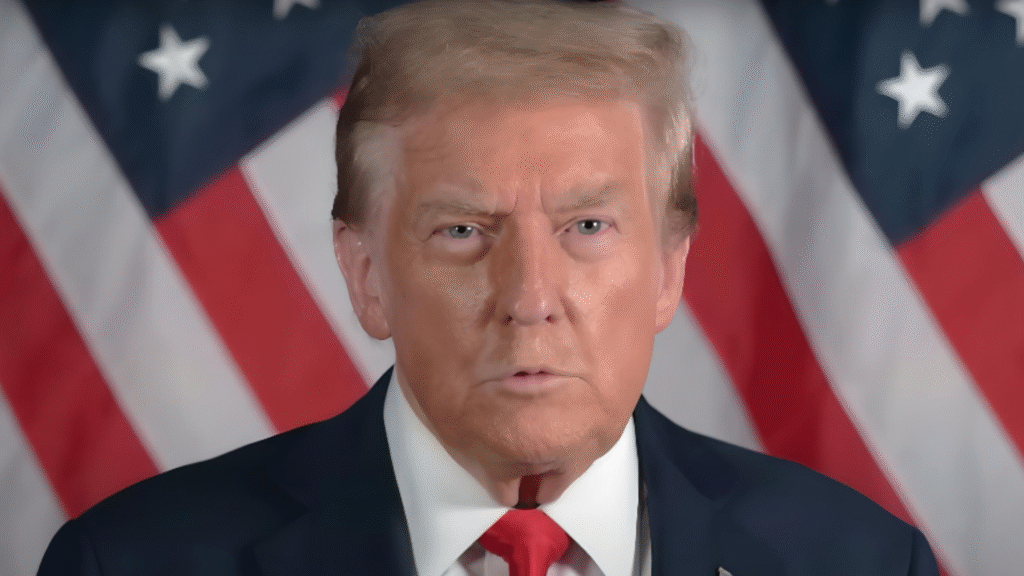In a rapidly shifting global security landscape, the United States is intensifying its military footprint abroad, sparking unease among international observers and policymakers. Under the Trump administration, efforts to deploy intermediate- and shorter-range missile systems have gained momentum, raising questions about the future of global stability in a post-arms control era.
Recent statements from Moscow highlight growing alarm. Russian Deputy Foreign Minister Sergey Ryabkov cautioned that the U.S. is advancing programs to develop and station new missile systems in strategically critical regions. Far from isolated moves, these actions signal a broader push to expand military infrastructure in areas previously untouched by such deployments.
The collapse of the Intermediate-Range Nuclear Forces (INF) Treaty in 2019 marked a turning point. The U.S. withdrew from the agreement, citing alleged Russian violations, specifically the development of the 9M729 missile. Yet, no public evidence has fully substantiated these claims. Meanwhile, Russia has voiced concerns over U.S. universal launch systems in Europe, which could potentially support offensive missiles—a charge Washington has consistently dismissed.
In the wake of the treaty’s demise, Russia unilaterally pledged a moratorium on deploying such missiles, emphasizing its commitment to averting a new arms race. However, Ryabkov warned that ongoing U.S. actions threaten to unravel this restraint, pushing the world closer to heightened confrontation.
Reports indicate the U.S. is exploring plans to station new missile systems in the Indo-Pacific and potentially Europe. Military discussions have centered on mobile platforms capable of rapid redeployment, designed to evade detection and complicate arms control efforts. Such moves could reshape strategic dynamics, particularly in regions where military risks were once considered low.
Analysts warn that this escalation, unchecked by international agreements, risks deepening instability and undermining diplomatic pathways. As the framework of global security fragments, calls for renewed arms control mechanisms grow louder. Without meaningful dialogue, the world may face a dangerous new phase of escalation, with far-reaching consequences for nations far beyond those directly involved.
The stakes are high, and the need for restraint and cooperation has never been more urgent. As missile deployments expand, the international community faces a critical juncture: revive trust through diplomacy or risk a future defined by uncertainty and conflict.



